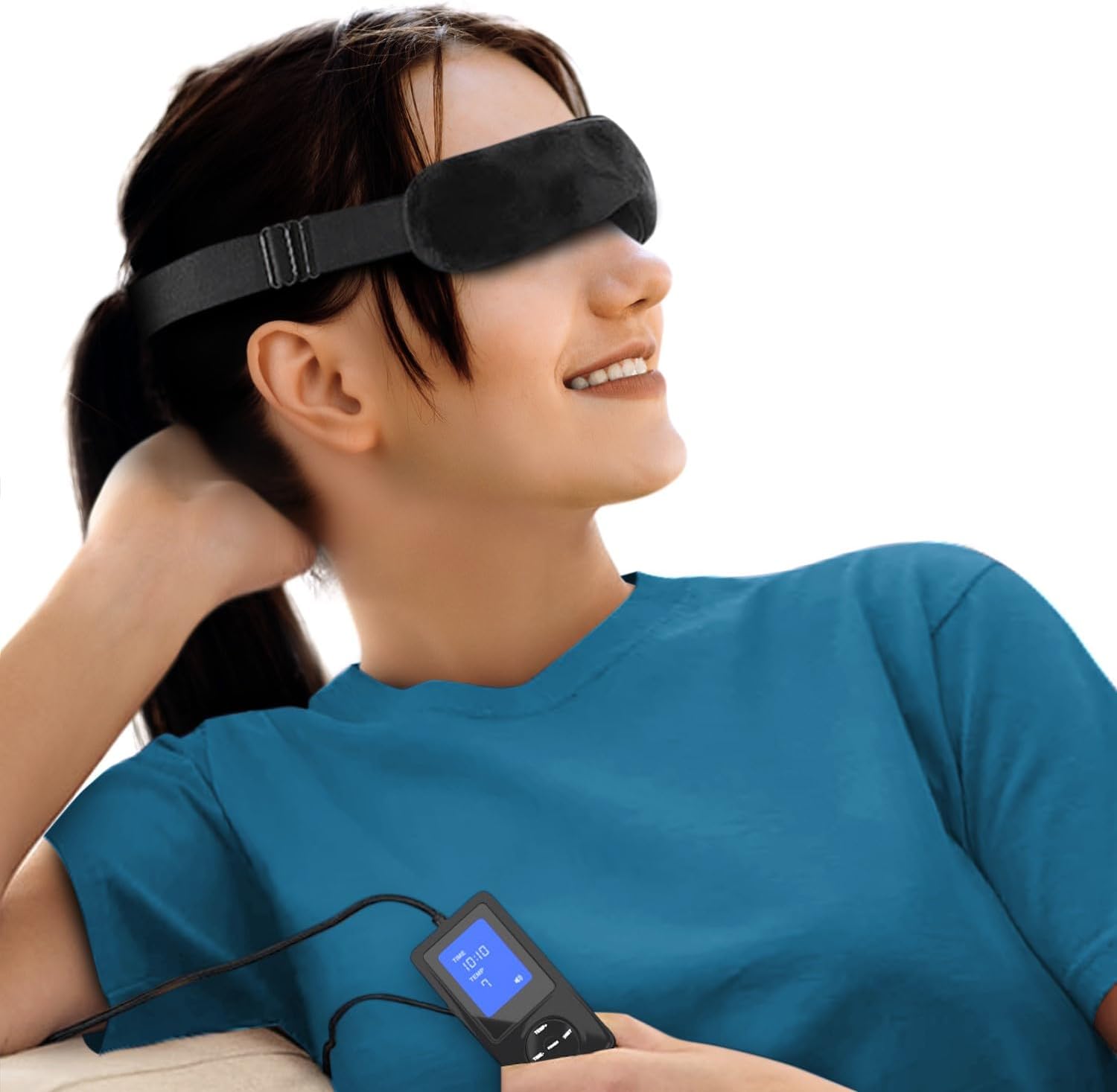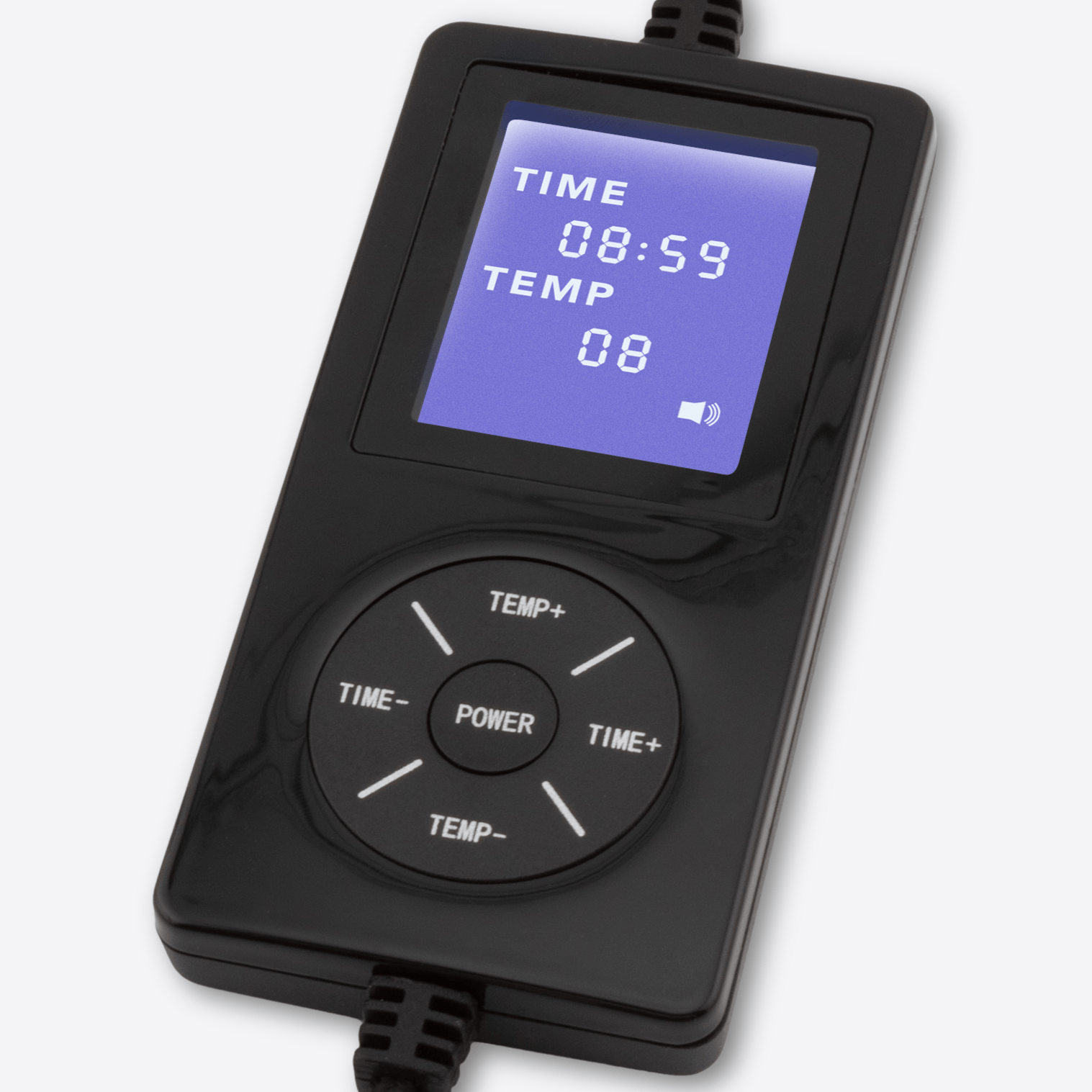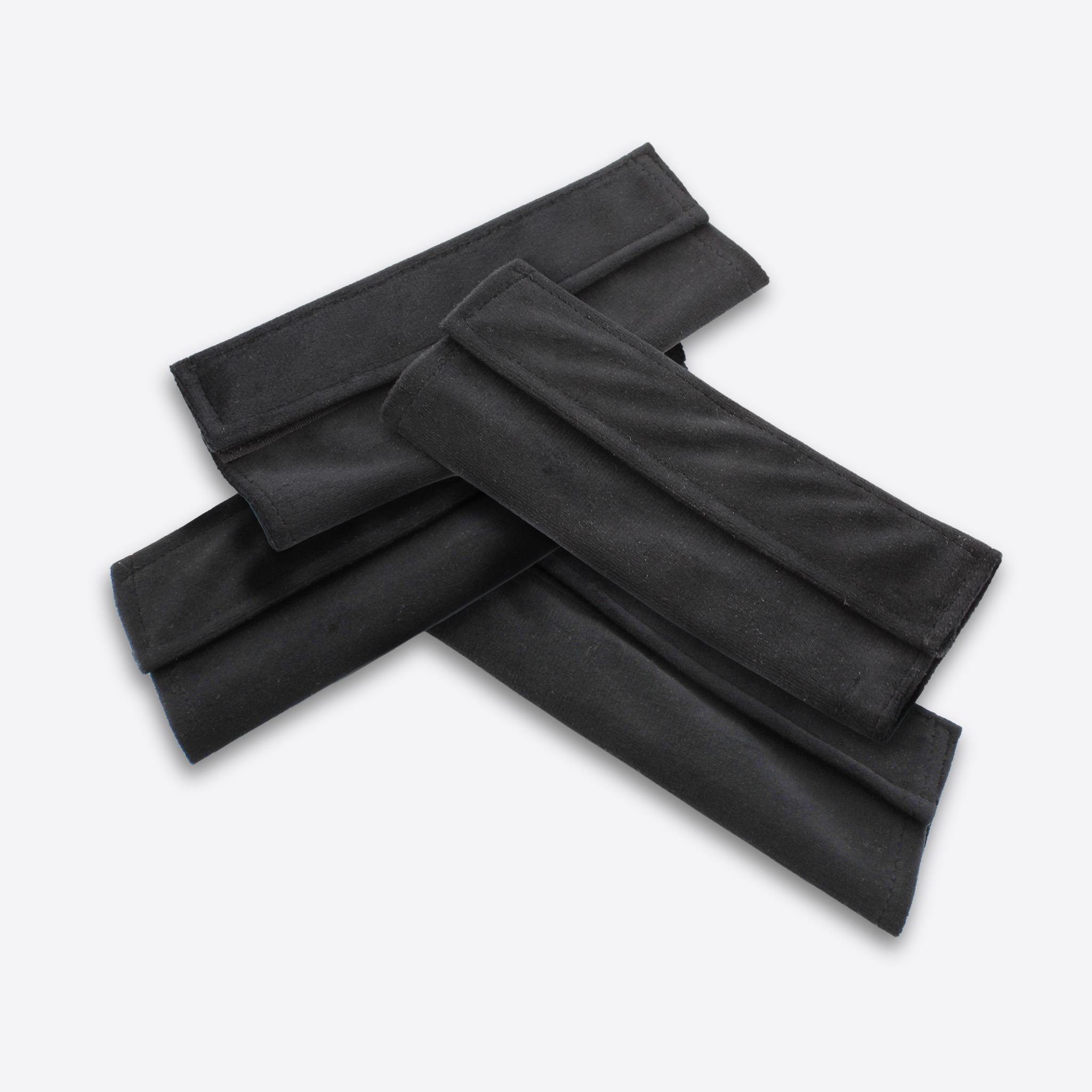Dry eyes are uncomfortable as they cause stinging and redness. Not only are they irritating, but the symptoms make it hard to get anything done.
If you have dry eyes on a temporary or chronic basis, you know the struggle. But do you know what is causing your dry eyes? Dry eyes happen when your tear glands don’t produce enough tears or when the tears evaporate too quickly, but there are many reasons why this happens.

Over time, dry eyes can create complications such as double vision or infections. We’ll help you understand the most common causes of dry eyes, so you can better understand your treatment options.
- Medication
Water, oil, and mucus make up tears. Some medical conditions can reduce mucus production in the eyes, which creates chronic dry eyes. A few of these medications include:
- Antidepressants
- Antihistamines
- Beta-blockers
- Diuretics
If you recently started a new medication, talk to your doctor about the issues dry eyes are causing you. Chances are artificial tears can help keep your eyes lubricated. A dry eye mask can help unclog the oil glands at the base of the eyelashes.
- Vitamin A Deficiency
Vitamin A plays a critical role in keeping your eyes healthy. Foods that are rich in Vitamin A include spinach, peppers, broccoli, fish, carrots, and eggs. However, if you do not get enough of this vitamin, then your eyes could become dry and irritated.
Sometimes it can be hard to get enough nutrients because of food allergies or just being short on time. If you suspect your body is deficient in Vitamin A, ask your doctor for a blood test. A simple blood test can tell your doctor which vitamins and nutrients to add to your diet.
- Menopause
Hormones play a vital role in the balance of our bodies. If you have dry eyes and have recently started menopause, hormones may be to blame. An imbalance of hormones can reduce tear production. To combat this, talk to your doctor about eye drops. Consider purchasing a heated eye mask to help tear production as well. Not only will this help with dry eyes, but it will give you time to relax and rejuvenate after a long day.
- Autoimmune Conditions
Some autoimmune conditions can cause dry eyes. These include:
- Lupus
- Arthritis
- Sjogren's Syndrome
- Diabetes
If you have recently been diagnosed with an autoimmune disorder, talk to your doctor about eye drops. Over the counter may work, but since it is an autoimmune condition, you may need something stronger to help your body, which in some cases is steroid eye drops.
If you have tried multiple things and still suffer from dry eyes, your doctor may suggest surgery. The surgical option involves inserting silicone plugs into your tears ducts to help preserve your tears.
- Mild Dehydration
Are you drinking enough water daily? If you don’t get enough fluids throughout the day, mild dehydration can set in, and it can cause dry eyes. Other symptoms of mild dehydration include thirst, dry mouth, dark yellow pee, headache, muscle cramps, and cool, dry skin.
Try drinking more water during the day. Keep an eye on your dry eyes and see if drinking more fluids helps decrease the symptoms. If the symptoms continue, or only get slightly better, there may be another cause to your dry eyes besides just mild dehydration.
- Allergies
Certain times of the year you may notice your eyes are more watery, itchy, red, and dry than they normally are. Chances are you have allergies. One way to help dry eyes during peak allergy season is to do eye drops regularly. A second way to relieve dry eyes caused by allergy symptoms is to use a heated eye mask. A third way to make dry eyes go away is to use oral antihistamines; however, these medications can sometimes worsen the symptoms of dry eyes.

- Low Humidity
Do you live in a dry climate? If the air is extra dry where you live, then your dry eyes could be the result of the air. Low humidity could also be present in your home, especially if you sleep next to an air vent. If you find yourself near an air vent, try to move away so the air doesn’t blow directly on your eyes. This should improve the symptoms of dry eyes. If you need a little extra humidity, try a humidifier to moisten the air. This will help prevent tear evaporation.
- Blepharitis
The small oil glands in your inner eyelids can become clogged and inflamed. If this happens, your eyes will not be able to produce as many tears. This can lead to inflammation, or what is called blepharitis. Besides dry eyes, the symptoms also include having oily flakes around your eyelashes.
One easy way to reduce inflammation is to put a warm compress over your eyes for a few minutes. Another option is to use a heated eye mask. The eye mask works by keeping the heated oil at a constant temperature for eight minutes. This helps to reduce inflammation and relieve the symptoms of dry eyes.
- Wind Exposure
If you are outside, exposed to high winds, or live in a cold climate, then your tears may be evaporating too quickly. This can lead to chronic dry eyes. Wearing sunglasses is a good place to start, but also use eye drops to relieve the symptoms as well.
- Laser Surgery
People who recently had laser surgery note some dry eyes. This is because laser vision eye surgery cuts some nerves in the cornea, which means the eyes don’t produce as many tears.
If you experience dry eyes after laser surgery, don’t worry too much as the condition is normally temporary. If after a couple of weeks your dry eyes continue then it is time to call your doctor. In the meantime, use eye drops to keep your eyes moist.







